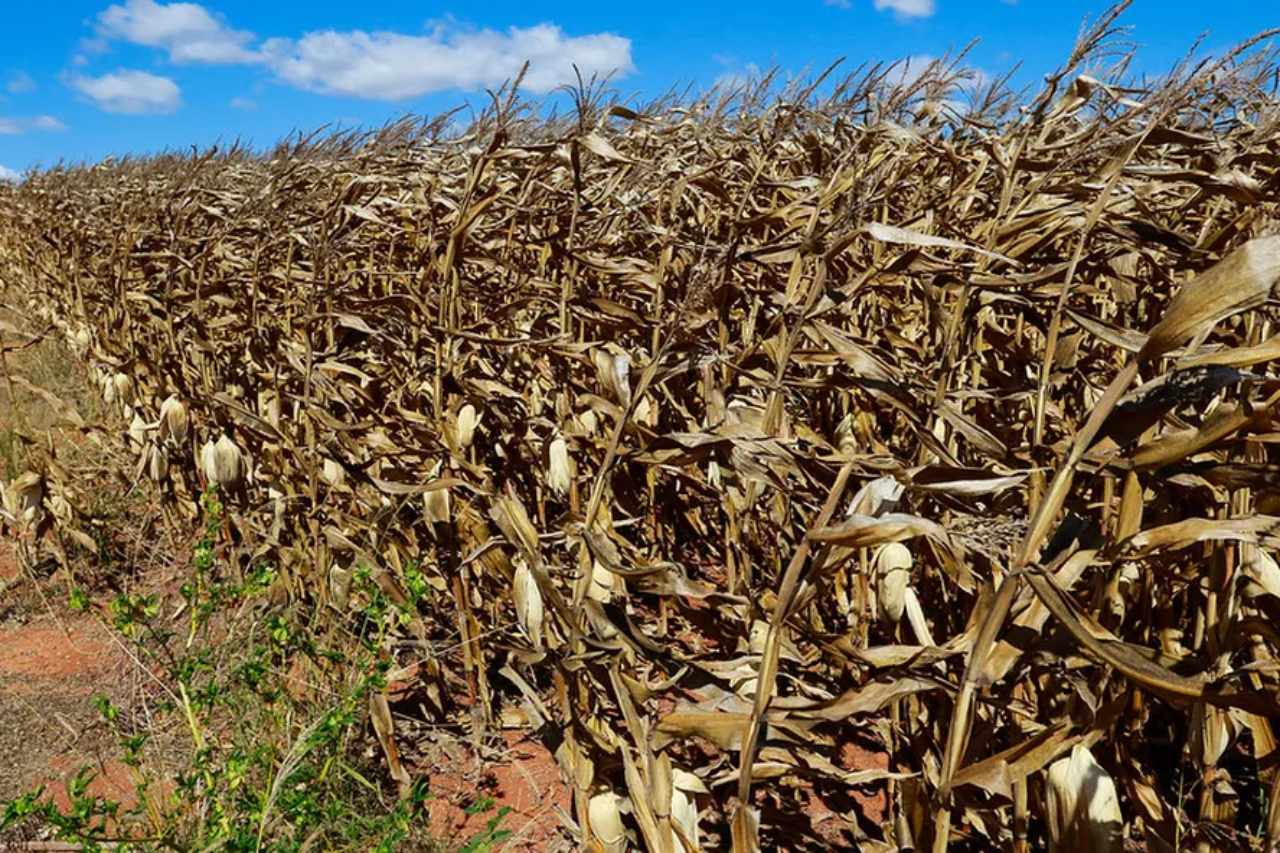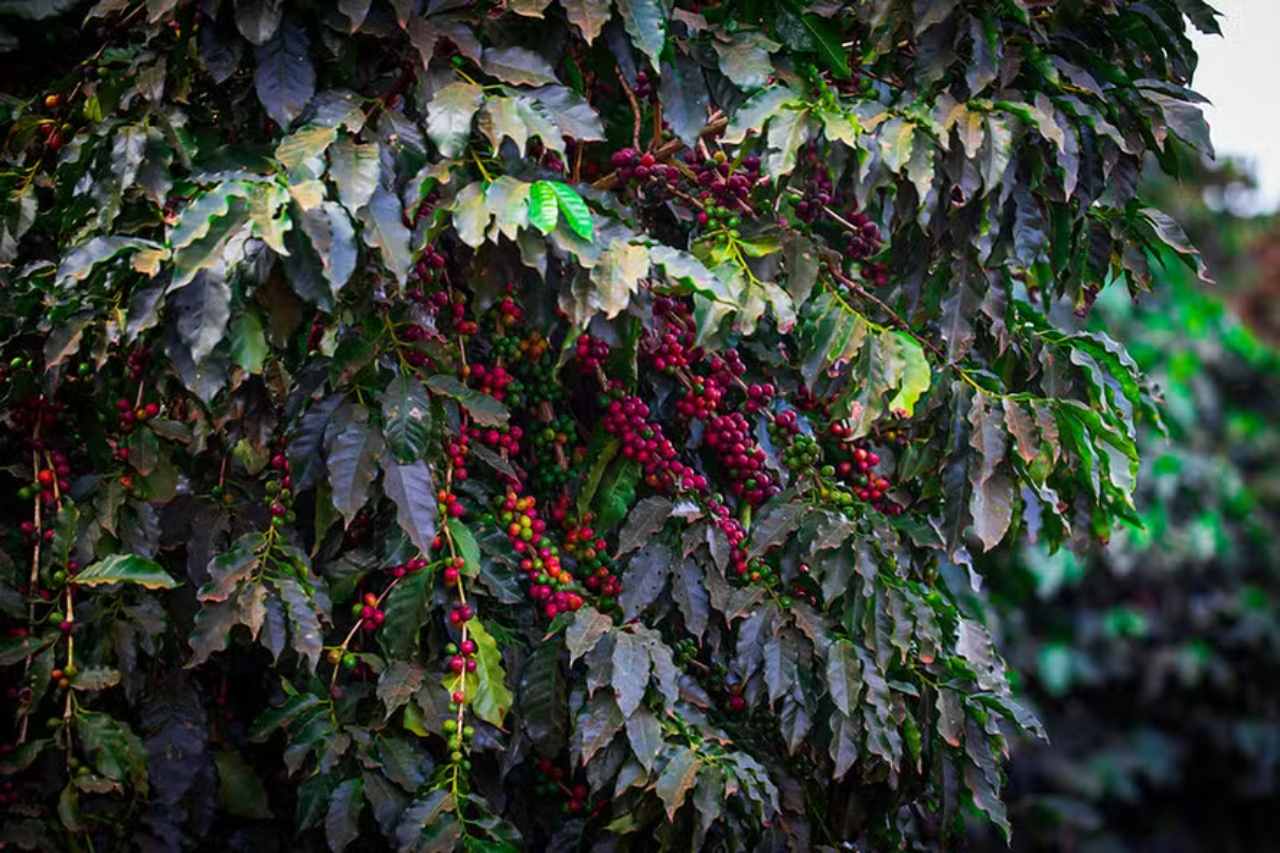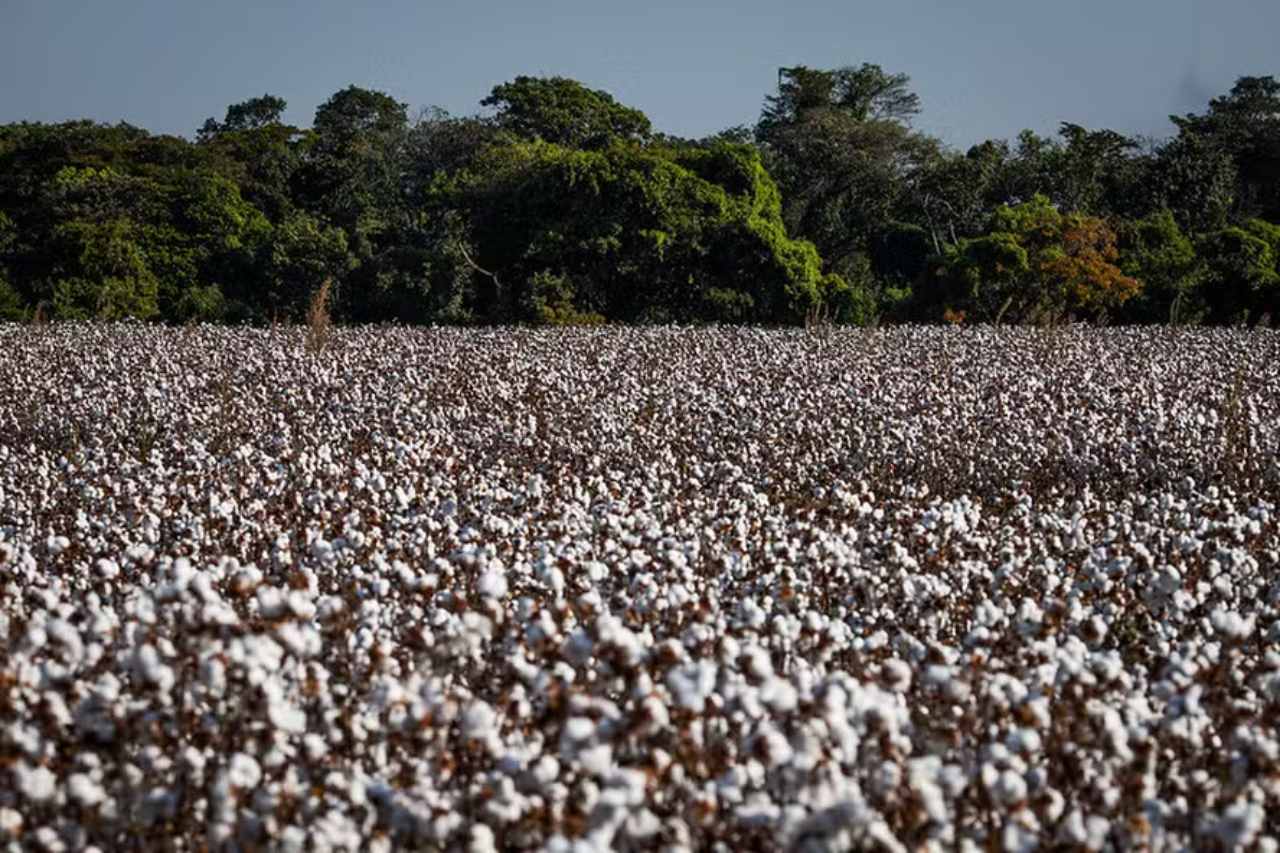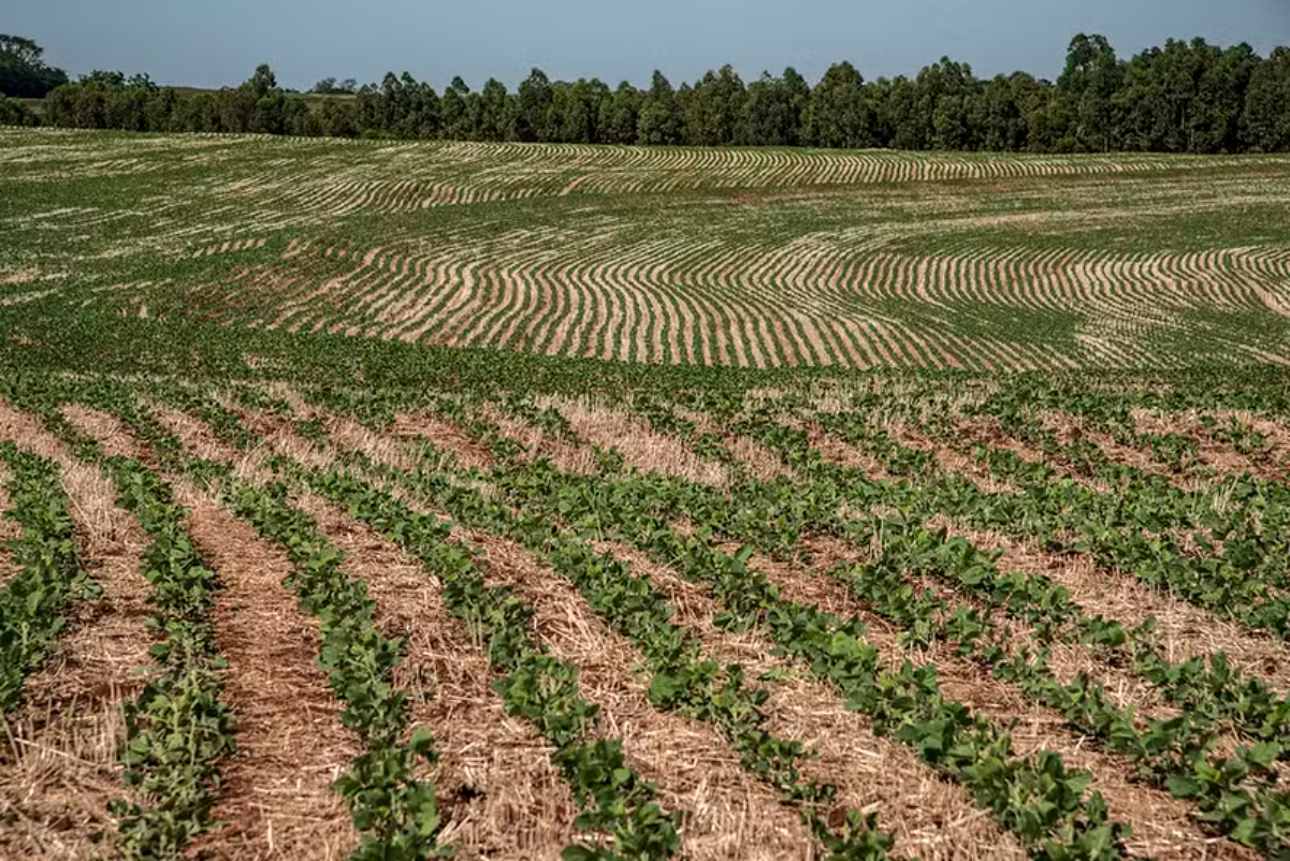Delayed soybean planting in Mato Grosso threatens the state’s ability to plant corn crops within the ideal timeframe, according to Lucas Costa Beber, president of the Association of Soybean and Corn Producers of Mato Grosso (Aprosoja-MT).
Impact of Soybean Planting Delays
Beber attributes the delay to normal temperatures during this growing season, contrasting with 2023, when elevated temperatures accelerated the soybean cycle. As a result, only 25% of the soy area has been planted so far, compared to 60% at the same point last year.
“This delay means that corn will be planted outside the safe window, entering the risk period, and part of the second harvest will be sown too late,” Beber warned.
Insufficient Rainfall for Crops
Despite the return of rains that has allowed planting to progress, Beber notes that soil conditions remain suboptimal.
“According to reports from Agritempo and Rural Business, average rainfall across much of Brazil ranges between 30mm to 90mm, leaving soil moisture levels below what is required. The soybean and corn crops are already compromised,” he explained.
Fertilizer Prices and Global Instability
Beber also emphasized concerns about the volatile fertilizer market, particularly nitrogen-based fertilizers. Farmers are delaying purchases due to unfavorable exchange rates with corn, compounded by the planting delay.
The conflict in the Middle East is further complicating fertilizer imports:
“Countries like Iran and Israel are major nitrogen exporters. Since Brazil imports a significant share of its nitrogen for corn production, the situation has worsened,” Beber added.
Risk of Domestic and International Supply Shortages
Beber warns that insufficient corn production could threaten both domestic consumption and export potential:
“Even if we have a normal harvest next year, corn markets will remain favorable. However, if we face a harvest shortfall, the situation will worsen, and Brazil might need to import more corn to meet growing internal and global demand.”
Slight Decline in Planted Area Forecast
According to the latest forecast by the Mato Grosso Institute of Agricultural Economics (Imea), the state is expected to plant 6.79 million hectares of corn during the 2024/25 season—a 0.14% decrease compared to the previous cycle.
For more news, check out Brazil Corn.





